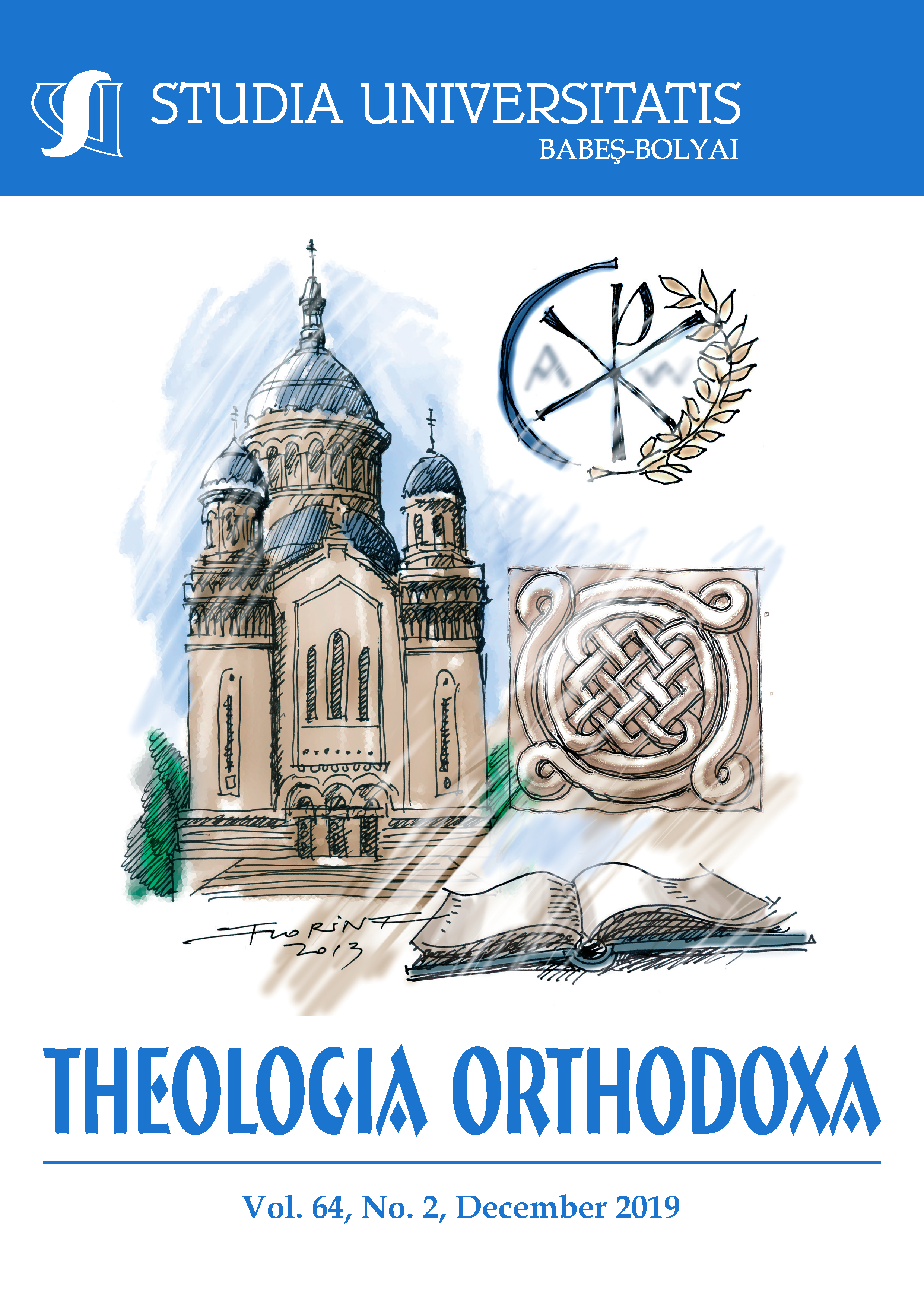TRANSHUMANISM AND CHRISTIANITY. CONFLICT OR COMPATIBILITY?
DOI:
https://doi.org/10.24193/subbto.2019.2.03Keywords:
Christianity, Transhumanism, technology, science, Christian anthro¬pologyAbstract
In recent times, humanity has experienced an extraordinary evolution of science and technology. In this context, the transhumanist movement has emerged, which argues that through scientific and technological knowledge it will be possible to modify the human nature and the surrounding world by employing genetic engineering, biotechnologies, artificial intelligence. In this article, therefore, we will try to very briefly outline the challenges that this way of thinking brings for the Christians and possible ways of responding to some of these issues.
References
Bostrom, Nick. The transhumanist FAQ - A General introduction- Version 2.1. (2003). January 23, 2019, https://nickbostrom.com/views/transhumanist.pdf.
Bostrom, Nick. “A history of transhumanist thought”. Journal of Evolution and Technology, 14 (April. 2005):1-25.
Burdett, Michael S. “Contextualizing a Christian Perspective on Transcendence and Human Enhancement”. Francis Bacon, N.F. Fedorov, and Pierre Teilhard de Chardin. In Transhumanism and transcendence. Christian Hope in the Age of Technological Enhancement. Editor Role Cole-Turner, 19-35. Washington DC: Georgetown University Press, 2011.
Clement of Alexandria. Scrieri. Partea a doua. Stromatele [Works. Part Two. The Stromata], in Părinți și scriitori bisericești 4 [Fathers and Writers of the Church 4], translation, foreword, notes and indices by Pr. D. Fecioru, Bucharest, EIBMBOR, 1992.
Darwin, Charles, On the Origin of Species. London: ElecBook, 1997.
Fydorov, Nikolai Fydorovich. What was man created for? The Philosophy of the Common Task. London: Honeyglen, 1990.
Huxley, Julien. New Bottles for New Wine. London: Chatto and Windus Ltd., 1957.
Jensen, Steven J., “The Roots of Transhumanism”. In Nova et Vetera, English Edition, 12, No.2 (2014): 515-541.
Kurzweil, Ray. The Age of Spiritual Machines. New York: Viking, 1999.
Larchet, Jean-Claude. Semnificația trupului în Ortodoxie [Theology of the Body]. Translated by Sister Antonia. Bucharest: Editura Basilica a Patriarhiei Române, 2010.
McCarthy, John. “What is artificial intelligence?” Accessed February, 18, 2019, http://jmc.stanford.edu/articles/whatisai/whatisai.pdf.
More, Max. “The philosophy of transhumanism”. In The transhumanist Reader. Edited by Max More and Natasha Vita-More, 3-17. Chichester: Wiley Blackwell, 2013.
Nellas, Panayotis, Omul – animal îndumnezeit [The Deification of Man], introduction and translation diac. Ioan I. Ică jr. Sibiu: Deisis, 1994.
Origen, Homilies on Numbers, trans. by Thomas P. Scheck, edited by Christopher A. Hall. Downers Grove: InterVarsity Press, 2009.
Popoveniuc, Bogdan. Filosofia Singularității. Creierul global o etică a gândirii fără om [The Philosophy of Singularity. The Global Brain an Ethics of Humanless Thinking]. Bucharest: Eikon, 2016.
Stăniloae, Dumitru. Teologia Dogmatică Ortodoxă [Orthodox Dogmatic Theology]. 2nd edition. Vol.1. Bucharest: EIBMBOR, 1996.
Saint John Chrysostom, Scrieri. Omilii la Facere (I) [Works. Homilies on Genesis (I)], in Părinți și scriitori bisericești 21 [Fathers and Writers of the Church 21], translation, introduction, indices and notes D. Fecioru. București: EIBMBOR, 1987.
Stuart Russel and Peter Norvig, Artificial Intelligence. A Modern Approach. Third Edition. Upper Saddle River: Prentice Hall, 2010.
Teilhard, Pierre de Chardin. The Phenomenon of Man. Harper Perennial Modern Classics, 2008.
Downloads
Published
How to Cite
Issue
Section
License
Copyright (c) 2020 Studia Universitatis Babeș-Bolyai Theologia Orthodoxa

This work is licensed under a Creative Commons Attribution-NonCommercial-NoDerivatives 4.0 International License.





 ISSN (print): 1224-0869, ISSN (online): 2065-9474, ISSN-L: 2065-9474
ISSN (print): 1224-0869, ISSN (online): 2065-9474, ISSN-L: 2065-9474